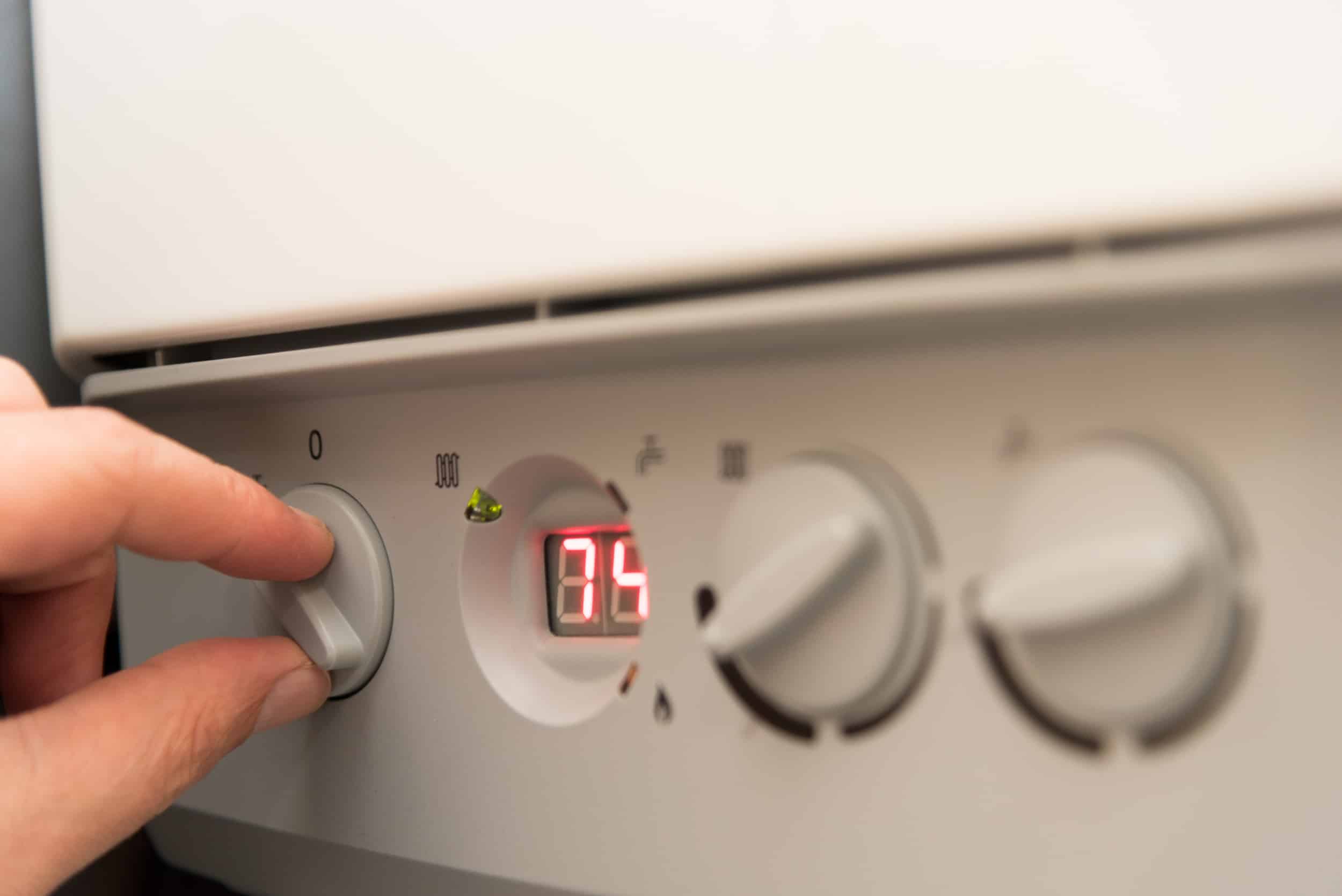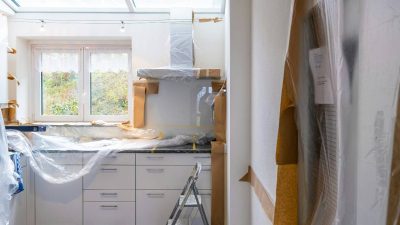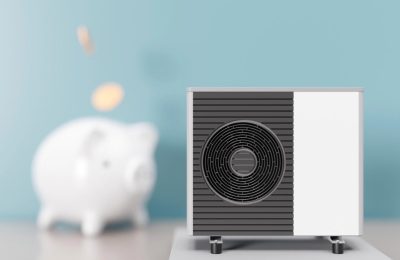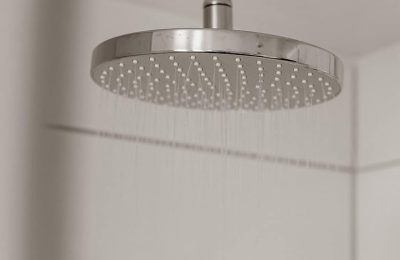Annual landlord gas safety checks – who needs them? Who is responsible for making sure they are carried out? What is actually checked and why are these checks important?
Today, with the climate crisis and soaring energy costs constantly in the mainstream media, the domestic gas industry has never had so much exposure. EVER. With winter fast approaching and more people in rented properties than ever before, now is the time to answer these questions and explain the vital need for annual landlord gas safety checks.
Tenants, landlords, agents and engineers all have their part to play when it comes to gas safety. So, let’s get started!
What is an annual landlord’s gas safety check?
Annual landlords’ gas safety checks are set out under the Gas Safety (Installation and Use) Regulations 1998, which came into force on 31 October 1998. The regulations give legal protection to the public and place important duties on public and private landlords. The regulations cover natural gas supplies and liquefied petroleum gas (LPG), which is usually supplied from tanks and cylinders and is commonly used in mobile homes.
All rented properties are required to have an annual landlord’s gas safety check carried out by a Gas Safe Registered engineer every 12 months. The gas safety check ensures the safe and correct operation of all gas appliances, flues and pipework within the property. This includes gas boilers, fires, cookers and hobs. Gas meters and pipework are also checked visually for any defects and for gas tightness (gas leaks).
Unsafe and dangerous gas appliances pose a risk to the health and safety of tenants due to the increased risk of fire, explosion and carbon monoxide poisoning. If left unchecked, dangerous appliances could be fatal. These checks not only ensure that tenants are kept safe in their homes but could also prolong the life of the appliance by identifying faults early, thereby ensuring that repairs are made quickly and efficiently.
What must the Gas Safe Registered engineer check?
During an annual gas safety check, your Gas Safe Registered engineer will certify that:
- all gas appliances, pipework and fittings are in safe working order; this includes checking safety devices on each appliance
- all gas appliances are burning the correct amount of gas, burning properly and that the flue gas analysis readings are within the parameters accepted by the manufacturer
- any flues in the property are fully visually inspected throughout (hatches may need to be installed to allow them to do this), and terminals are checked to ensure that they are in safe working order; the engineer will also test the integrity of any chimneys/fireplaces within the property, using smoke-producing capsules
- the safe operation and expiry date of any carbon monoxide detectors within the property
Landlords will receive an official Landlord Gas Safety Record certificate (CP12) – you can see an example here. You must retain this in your records for two years. However, it’s good practice to keep your certificates for as long as you have the property, to provide a full and clear inspection history, should you ever need it. Your letting agency (if applicable) and gas engineer are also required to keep copies of these documents. The Gas Safety Record outlines what has been checked, gives a full breakdown of the readings and gas pressures, records any issues identified and advises the work required to rectify these issues.
Who needs an annual gas safety check?
It is a legal requirement for a landlord to ensure that annual gas safety checks are carried out on time and by a Gas Safe registered engineer. If the property is managed by an agent, then this responsibility lies with them.
There is some flexibility for landlords though, as in 2018 the Gas Safety (Installation and Use) (Amendment) Regulations 2018 came into force, introducing an MOT-style of certification management. This allows landlords and agencies to have the checks carried out up to two months before their due date, but still keep the certificate’s existing due date. For example, if your due date was the 1st of December, you are allowed to have the checks carried out from the 1st of October, while still retaining your due date of December 1st for the following year. This provides more than enough time for your gas engineer to arrange a time with your tenants to carry out the checks.
Arranging access for a gas safety check
Landlords must give tenants at least 24 hours’ notice when requesting access for maintenance and repairs. Tenants with private residential tenancies have the right to 48 hours’ notice. However, if there is an emergency, landlords may give less notice.
You should ensure the visit is at a reasonable time of day, and that the tenant can be present when the engineer is entering the property, unless agreed otherwise with the tenant.
What happens if tenants refuse access for a gas safety check?
If your tenants refuse access for a gas safety check then you should:
- explain to them the importance of these legal safety checks
- try to negotiate a time that suits their schedule better
- if the property is managed by an agent, they could provide a set of keys to the gas engineer, provided this is agreed in writing at least 24 hours prior with the tenant
If the tenant refuses access or has continued failed access calls, then the landlord must prove that they have done everything within their means to arrange for the checks to be carried out and to adhere to the law. Landlords should continue to try to contact the tenant to arrange the appointment.
If a tenant continues to refuse access, then the landlord can apply to the First-tier Tribunal for Scotland (Housing and Property Chamber) for assistance in exercising their right of entry.
What happens if issues are identified during your gas safety check?
Depending on the problems found by the gas engineer, your appliance or gas supply may be completely disconnected, or it may only be turned off. These problems are categorised into:
- (ID) – immediately dangerous
- (AR) – at risk
In either of these circumstances the engineer will document their findings on the CP12 Gas Safety Record. They will also complete an additional Warning Notice and attach a warning label on any unsafe appliances. The tenant will be asked to sign the Gas Safety Record and the Warning Notice, and the engineer will explain that it is an offence to knowingly continue to use an unsafe gas appliance.
These instances should be taken very seriously and steps should be taken quickly to rectify the issues and have the appliances repaired or replaced into full working order. For less serious issues, such as faults and installation errors, the engineer will note them on the certificate and advise on the best steps forward. These steps should also be actioned in a timely manner to avoid disruption to tenants.
Need some help?
If you still have questions about annual landlord’s gas safety checks and your responsibilities, then take a look at the Gas Safe Register website or contact your local Gas Safe registered engineer. Remember that it’s essential that you use a Gas Safe Registered installer to carry out gas safety checks, maintenance, and repairs on any property. It’s dangerous for anyone else to undertake these and may be illegal.













